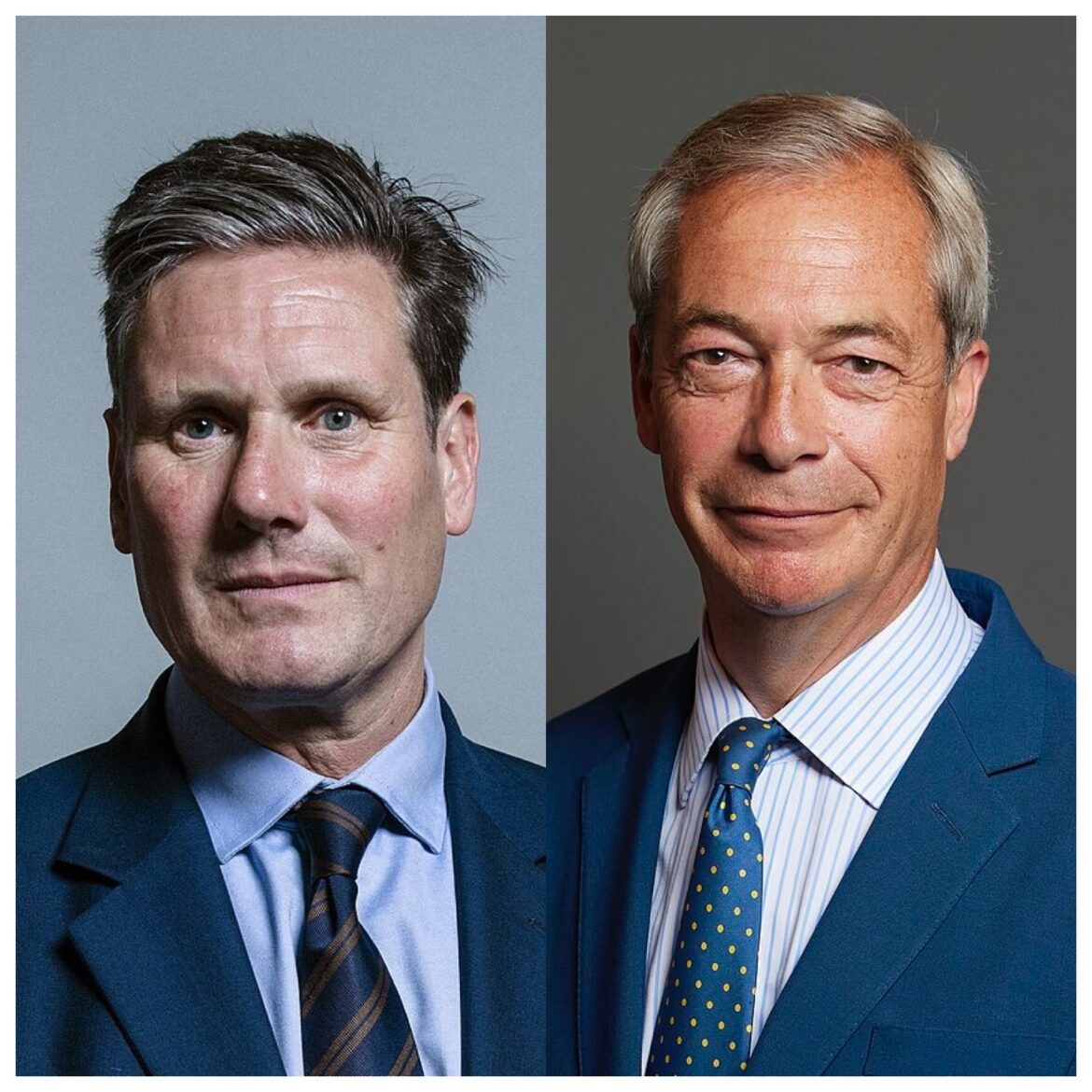Keir Starmer is in the political hot seat after unveiling a sweeping set of agreements with the European Union—sparking accusations of a “stealth” Brexit reversal that’s left Brexiteers furious. For many who voted Leave, this feels like betrayal by the very party that promised to make Brexit work. Nigel Farage wasted no time, seizing the moment to warn that Labour’s moves could hand him the keys to No10. Is Starmer about to lose the Brexit vote he once pledged to honor?
What Did Starmer Just Sign With the EU?
Starmer’s government has signed several agreements with the European Union, each seemingly small on its own, but together forming what critics say is a re-alignment with Brussels. Here’s what’s in the deal:
- Trade and Regulatory Alignment: The UK has agreed to follow certain EU food and farming standards. This eases trade friction but also limits domestic regulatory freedom.
- Defense Deal: The UK now has access to the EU’s €150 billion defense procurement budget. Proponents say this is crucial for Ukraine and NATO alignment.
- Youth Mobility Scheme: New discussions around letting under-35s move freely for work and study are underway, potentially reversing one of Brexit’s core aims.
- Fishing Rights: Perhaps the most contentious—EU boats will continue to fish in UK waters for 12 more years. Fishermen call this an unforgivable betrayal.
Why Critics Are Calling It a ‘Stealth Brexit Betrayal’
Nigel Farage, Reform UK’s leader and poster boy of Brexit, exploded with fury, calling the deal “a complete surrender.” Tory MPs are just as enraged. Kemi Badenoch blasted it as making Britain a “rule-taker,” warning this opens the floodgates for EU influence without a single UK vote in Brussels.
The fishing industry, once promised a golden era post-Brexit, now feels abandoned. “We were promised sovereignty. What we got is a sellout,” one Scottish fisherman said.
Even Brexit loyalists in the media have turned. GB News’ Eamonn Holmes said the agreements undermine democracy and spit in the face of the 17.4 million Leave voters.
Labour’s Strategy: Pragmatism or Political Suicide?
Starmer says this isn’t about reversing Brexit but about making it work. According to him, closer ties with the EU are necessary to boost trade, lower food prices, and bolster defense against global threats. His camp insists the UK will not rejoin the single market or customs union.
But critics say this is EU membership in disguise—”Brexit Lite.” Labour claims the deals are purely economic, but the symbolic weight of aligning with Brussels has reignited Brexit-era passions.
Is this smart policy or an electoral miscalculation that opens the door for Farage?
Is Farage Poised for a Political Comeback?
Reform UK has been climbing in the polls, and this latest fallout gives them more fuel. Farage says this is the moment to take back control—again. He’s warning voters that Starmer’s Brexit betrayal proves only Reform can be trusted to protect the referendum’s legacy.
Labour insiders fear that Farage could siphon off enough support in Red Wall areas to destabilize Labour’s election chances. With the Conservatives in chaos, could the Reform surge crown Farage as the next kingmaker—or even PM?
The Battle for the Red Wall
Labour’s post-Brexit gains in the Red Wall are on shaky ground. Constituents in former mining towns and northern cities voted Leave in droves and backed Labour under Starmer for his Brexit-neutral promises. These new EU deals feel like a stab in the back.
If Farage exploits this discontent effectively, Labour could lose dozens of seats in what is expected to be a tight race in 2026.
Starmer’s ‘No Rejoin’ Promise: Can It Hold?
Labour insists there are no plans to rejoin the EU, the single market, or the customs union. But critics aren’t convinced. They say each new deal brings the UK closer to Brussels’ orbit and sets the stage for full re-entry under a future government.
Starmer is playing a careful game—giving just enough to the EU to please business leaders and international allies, without fully revoking Brexit. But this balancing act could collapse under voter pressure.
What This Means for the 2026 General Election
This latest move may reshape the entire political landscape. Farage is capitalizing on betrayal claims. Labour is trying to walk a tightrope between economic common sense and Brexit loyalty. The Tories, meanwhile, are caught in a leadership vacuum.
Could Farage pull off the unthinkable and lead Reform to serious national power? Or will voters embrace Starmer’s pragmatic pivot? The 2026 election just became the next Brexit referendum.
Conclusion
Keir Starmer’s “stealth” Brexit U-turn has blown open the Brexit debate once more. With Farage seizing the moment, Labour now faces a populist uprising from Reform UK and angry backlash from the very voters who handed them the Red Wall. Whether this gamble will pay off—or backfire spectacularly—will define British politics for years to come.
FAQs
1. What exactly did Starmer agree to with the EU?
Trade alignment, youth mobility discussions, access to EU defense funds, and extended fishing rights for EU vessels in UK waters.
2. Why is this being called a Brexit betrayal?
Critics argue the deals mirror EU membership in function, undermining the autonomy promised by Brexit.
3. What does Nigel Farage say about this?
Farage called it a total surrender and claims Labour is reversing Brexit by stealth.
4. Could this hurt Labour in the next election?
Yes. It threatens Labour’s support in Red Wall areas and gives Farage’s Reform UK a major boost.
5. Is there a chance the UK could rejoin the EU?
Starmer says no—but critics believe these deals are a pathway toward eventual re-entry.



